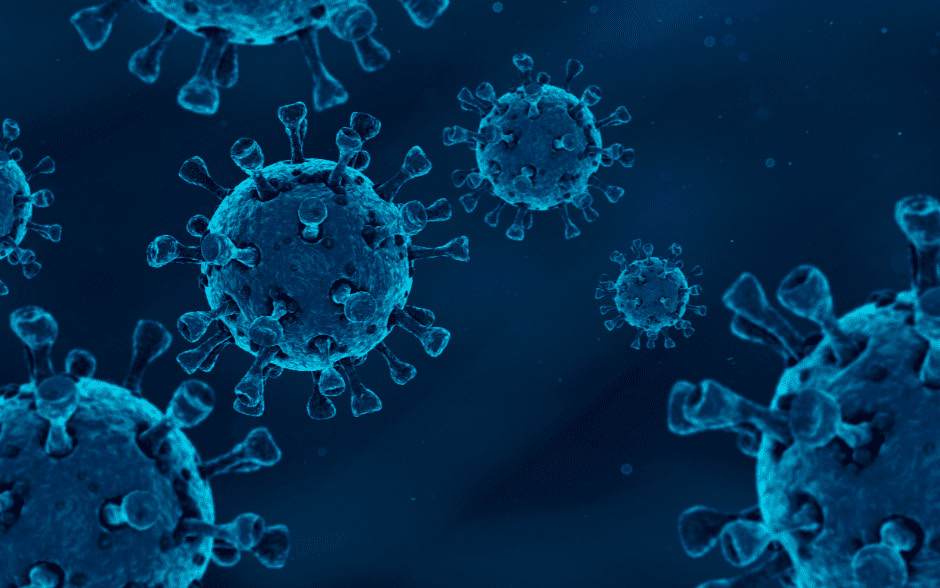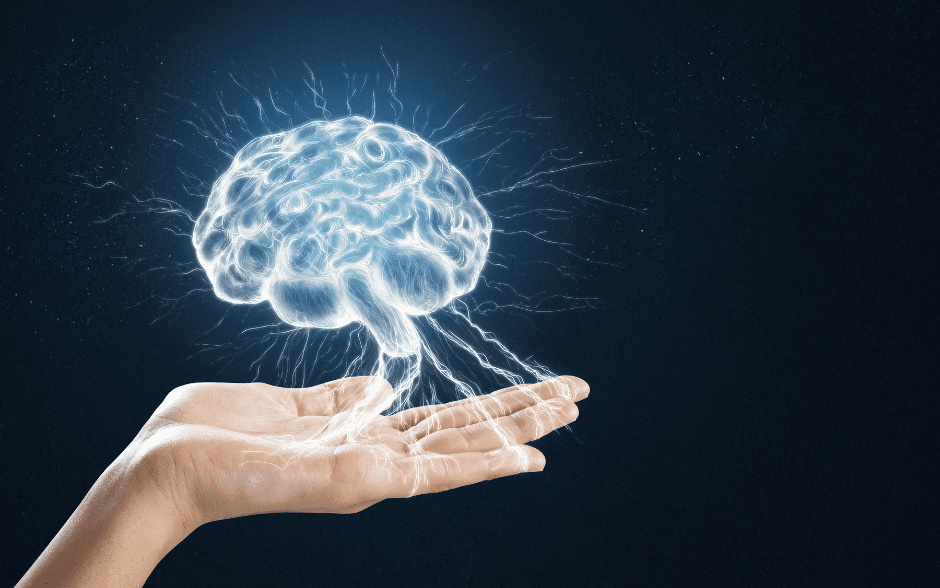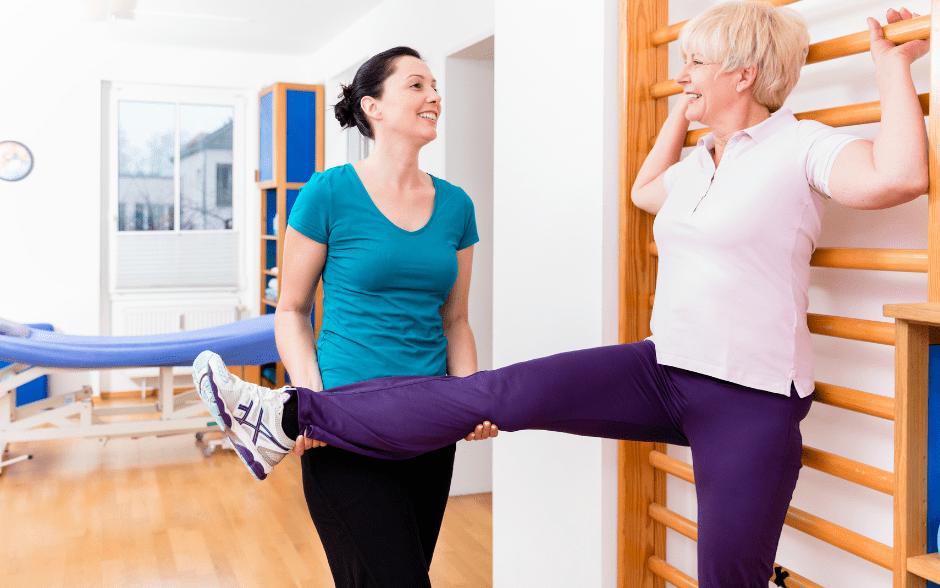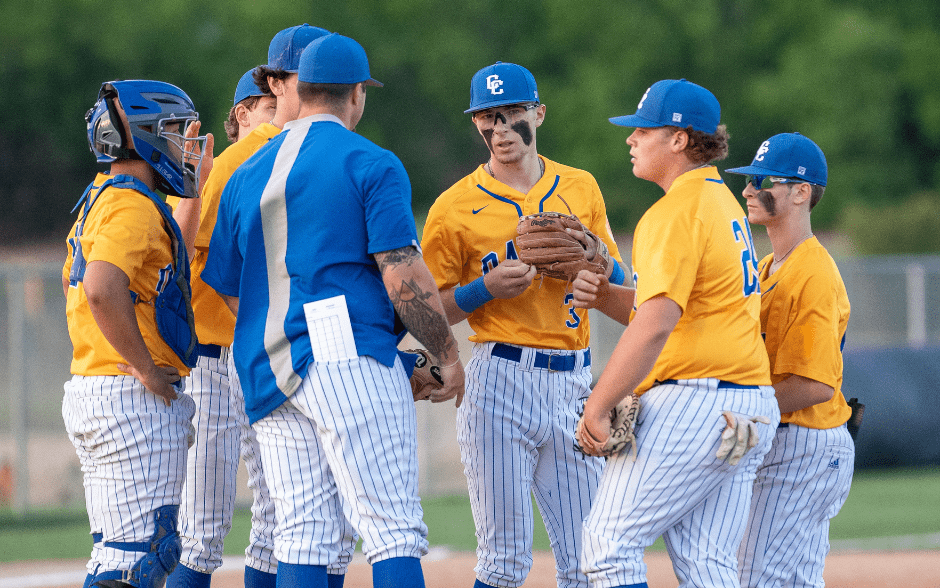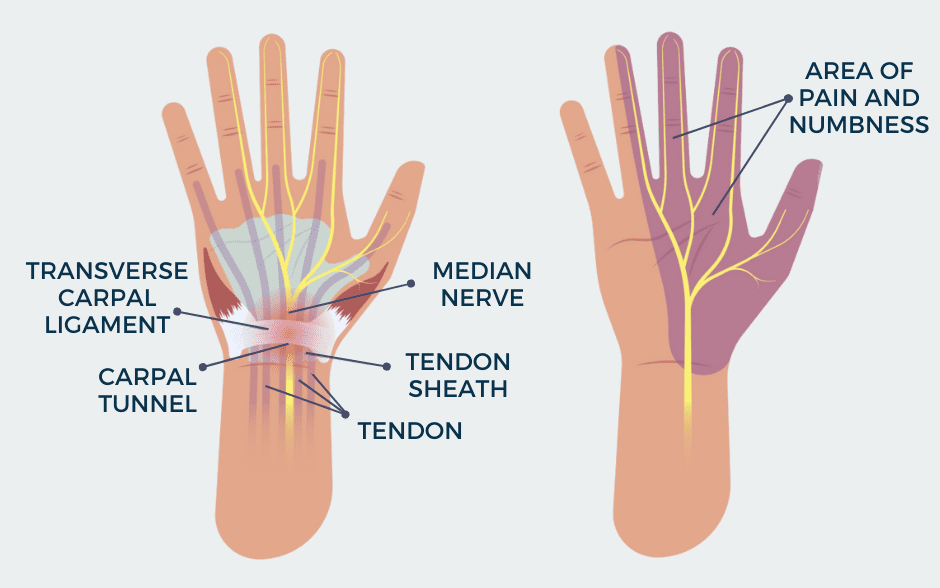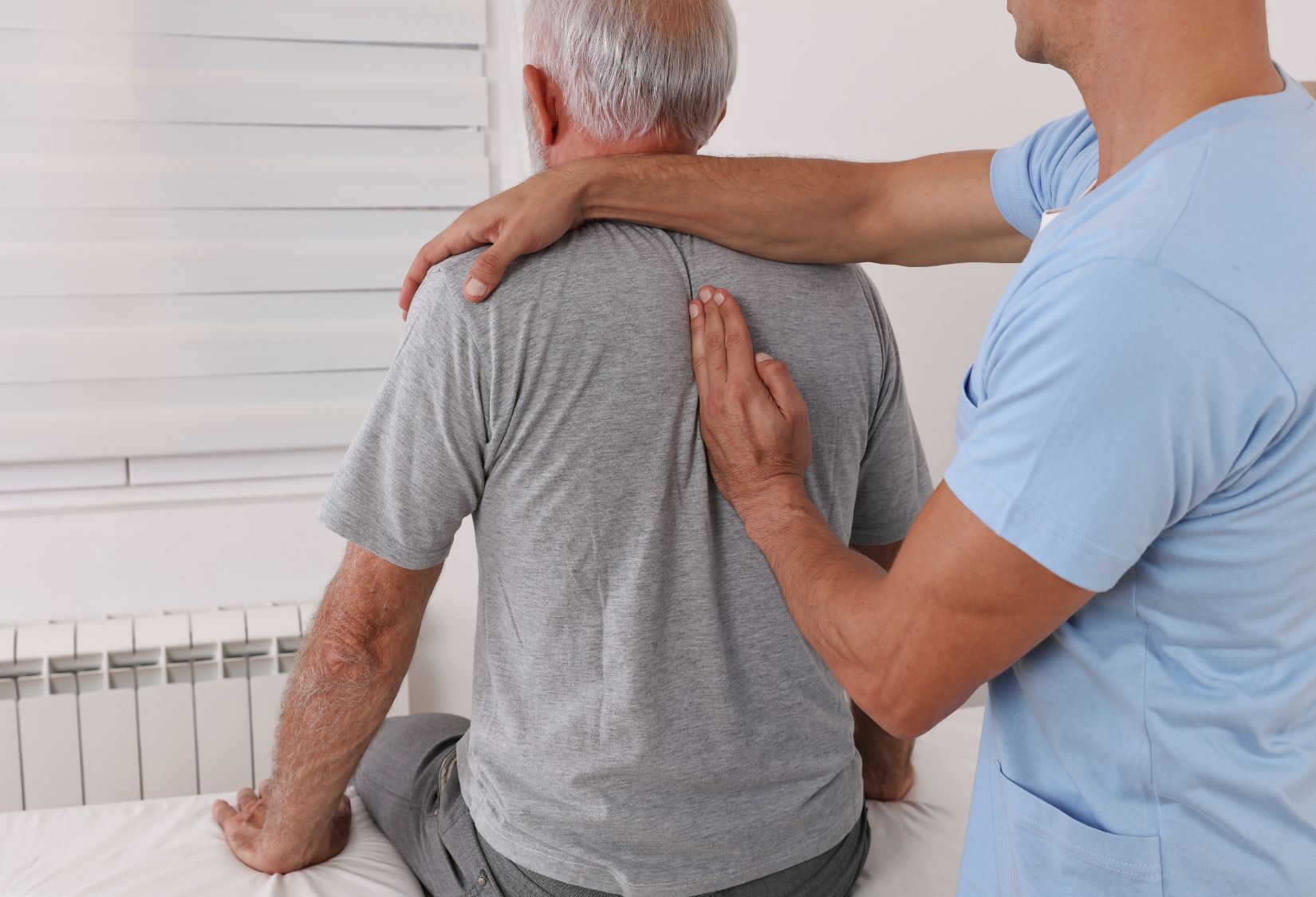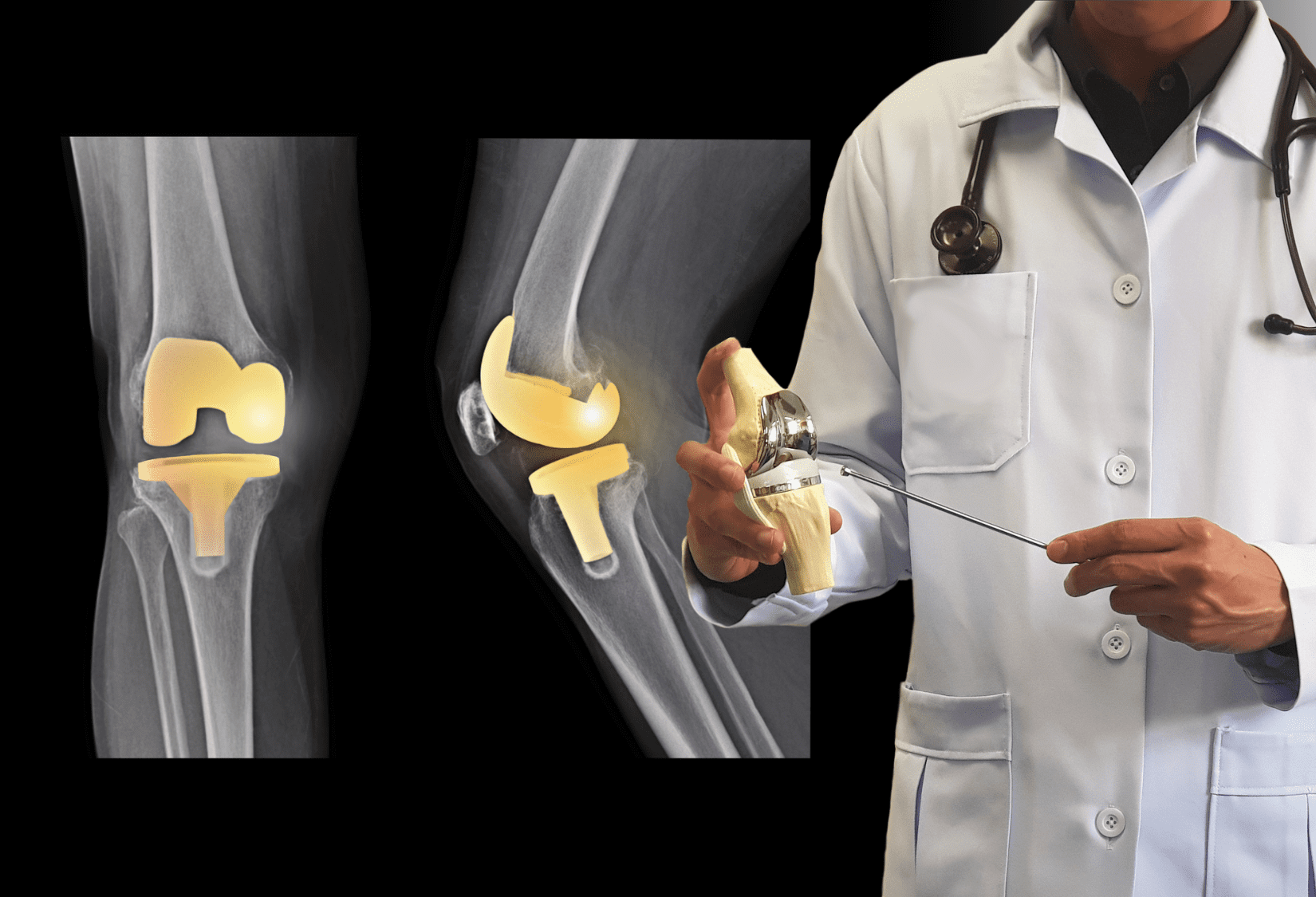It has been almost two years since the coronavirus pandemic began. In February 2020, none of us thought it would last that long. None of us expected it to have such an impact on our daily lives and, more importantly, on our health. Today, almost two years after the first cases appeared, we have much more data on COVID-19 and the possible long-term consequences of contagion.
We asked Kris Krasowski, one of our physical therapists, about the post-coronavirus complications and available treatment methods.
Recently we have been overwhelmed with the mass media information about possible long-term post-COVID complications. Kris, what is your experience?
Kris: We are noticing an increased number of patients with the so-called post-coronavirus conditions recently. As the numbers in general grow, so does the variety of complications and age groups affected by them. We have treated mostly the elderly and patients with comorbidities during the last two years, but recently we observe that trends are changing. More and more young people, 40 years and younger, report prolonged health issues being the result of the illness. Interestingly, they did not have any health problems before yet now complain of different symptoms as a consequence of the infection. Even asymptomatic infection can result in different types and combinations of health problems for different lengths of time.
What are the most common symptoms?
The most common symptoms are fatigue and difficulties with deep breathing, chest pain, and persistent cough. Recently we treat more and more young people with muscle and joint pains. The coronavirus also impairs the nervous system, causing hand numbness, for example. In addition, there are observed problems with memory, taste, and smell, as well as chronic headaches and vertigo. Of course, the list of possible post-COVID complications is much longer – in fact, each recovering patient coming to our clinic suffers from a different set of ailments. We are constantly dismayed at what health problems this disease can cause.
Can physical therapy help fight those complications?
In my opinion, this is the best remedy for most problems. A physical therapist employs a wide range of techniques that can be very effective, especially advanced manual therapy. We can treat not only muscles or ligaments, but also improve the function of the circulatory, respiratory and nervous systems. We also use modalities such as ultrasound or cold laser to reduce inflammation to treat both chest pain and breathing problems and less specific symptoms, such as limb numbness.
What about exercise?
Exercise is an integral part of any treatment plan. When properly planned and performed, patients can regain full physical fitness, especially in patients who have been severely ill and immobilized in bed for a long time. A carefully tailored exercise program is very important primarily to combat respiratory disorder and increase overall strength and endurance.
Any successes in treating patients with post-COVID complications?
The most serious case was a young man with chest pain, shortness of breath as well as hands’ numbness, and weakness. The pain in the chest was quite severe, radiating to the arms and legs. The patient spent a week at the hospital due to pneumonia but was feeling good after that. About three weeks later he suddenly started to suffer from pain, numbness, difficulty breathing, and extreme fatigue. After several sessions, we notice a great reduction in chest pain and hand numbness. We hope that the next treatments will bring further improvement.
We also had been treating a young woman with chest pain that lasted for weeks. After using the combination of the Strain Counterstrain technique, ultrasound, cold laser, and exercise, we managed to eliminate all symptoms. We’ve also had a few milder cases – headaches and dizziness, which we managed to alleviate as well. So answering the question – yes, we can boast of several successes in the fight against complications after COVID.
What to do if we suffer from complications from the coronavirus?
Start therapy as soon as possible. The sooner the treatment is started, the greater the chance that the symptoms will disappear quickly and the patients will regain full fitness. However, if you are unsure whether physical therapy will help, we encourage you to take advantage of a free consultation with one of the specialists at our clinic. After the short assessment, we will be able to say if we are able to help.

